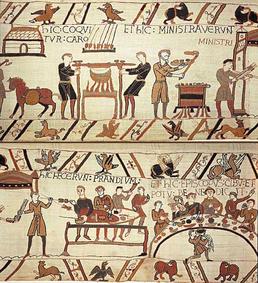Seminar 5th January 2010 4 p.m. Building 53 (Mountbatten), Room 4025
ICSS Seminar Series: Simulating Social Systems
Jason Noble and Stuart Rossiter
University of Southampton and University of Strathclyde
- Submitter
- Deborah Guy
Building a computational model of a social system means facing problems of system complexity, limited predictive accuracy, and flawed empirical data -- to a greater extent than when modelling physical systems, for example. Because of features inherent in many social systems, modellers face complicated and subjective choices in positioning the scientific contribution of their research. This leads to a diversity of approaches and terminology, making interdisciplinary assessment of models highly problematic.
Social simulation builders ideally need some kind of accessible, interdisciplinary framework to better understand and assess these choices. This presentation attempts to provide such a framework. We begin with an epistemological model, which gives a standardised view on the types of validation available to the modeller, and their impact on scientific value. This is followed by a methodological framework, presented as a taxonomy of the key dimensions over which approaches are ultimately divided. Rather than working top-down from philosophical principles, we characterise the issues as a practitioner would see them. We believe that such a characterisation can be done well enough to provide a common frame of reference for all modellers, which nevertheless respects the essence of the debate's subtleties and can be accepted as such by a majority of 'methodologists'.
We conclude by discussing the limitations of such an approach, and potential further work for such a framework to be absorbed into existing descriptive protocols and general social simulation texts.
